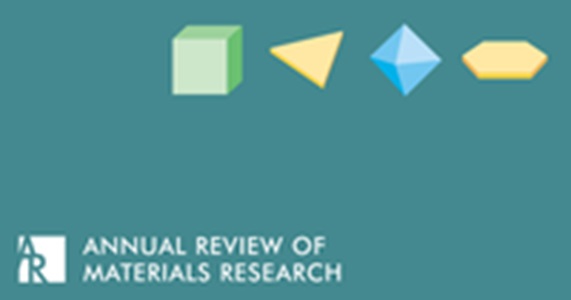当前商业化锂离子电池的降解过程及缓解策略
IF 10.4
2区 材料科学
Q1 MATERIALS SCIENCE, MULTIDISCIPLINARY
引用次数: 0
摘要
锂离子电池(LIB)目前已被广泛应用于多种领域,从便携式电子产品到电动汽车和可再生能源的存储。在提高电池性能的同时,目前的研究重点是降低储能的平准化成本(LCOS),鉴于锂离子电池在大型运输车辆和电网储能应用中的发展,这一点变得越来越重要。由于 LCOS 取决于电池的使用寿命,因此了解电池降解的机理并制定延长锂离子电池使用寿命的策略非常重要。本综述回顾了市场上最常见的锂电池性能和降解方面的最新进展。文章从三种降解损耗模式(锂库存损耗(LLI)、活性正极材料损耗和降解以及活性负极材料损耗和降解)的角度阐述了导致锂电池降解的众多过程。重点介绍了缓解锂电池降解的最新战略和策略。本文章由计算机程序翻译,如有差异,请以英文原文为准。
Degradation Processes in Current Commercialized Li-Ion Batteries and Strategies to Mitigate Them
Lithium-ion batteries (LIBs) are now widely exploited for multiple applications, from portable electronics to electric vehicles and storage of renewable energy. Along with improving battery performance, current research efforts are focused on diminishing the levelized cost of energy storage (LCOS), which has become increasingly important in light of the development of LIBs for large transport vehicles and power grid energy storage applications. Since LCOS depends on the battery's lifetime, understanding the mechanisms responsible for battery degradation and developing strategies to increase the lifetime of LIBs is very important. In this review, the latest developments related to the performance and degradation of the most common LIBs on the market are reviewed. The numerous processes underlying LIB degradation are described in terms of three degradation loss modes: loss of lithium inventory (LLI), active positive electrode material loss and degradation, and active negative electrode material loss and degradation. A strong emphasis is placed on the most recent strategies and tactics for LIB degradation mitigation.
求助全文
通过发布文献求助,成功后即可免费获取论文全文。
去求助
来源期刊

Annual Review of Materials Research
工程技术-材料科学:综合
CiteScore
17.70
自引率
1.00%
发文量
21
期刊介绍:
The Annual Review of Materials Research, published since 1971, is a journal that covers significant developments in the field of materials research. It includes original methodologies, materials phenomena, material systems, and special keynote topics. The current volume of the journal has been converted from gated to open access through Annual Reviews' Subscribe to Open program, with all articles published under a CC BY license. The journal defines its scope as encompassing significant developments in materials science, including methodologies for studying materials and materials phenomena. It is indexed and abstracted in various databases, such as Scopus, Science Citation Index Expanded, Civil Engineering Abstracts, INSPEC, and Academic Search, among others.
 求助内容:
求助内容: 应助结果提醒方式:
应助结果提醒方式:


